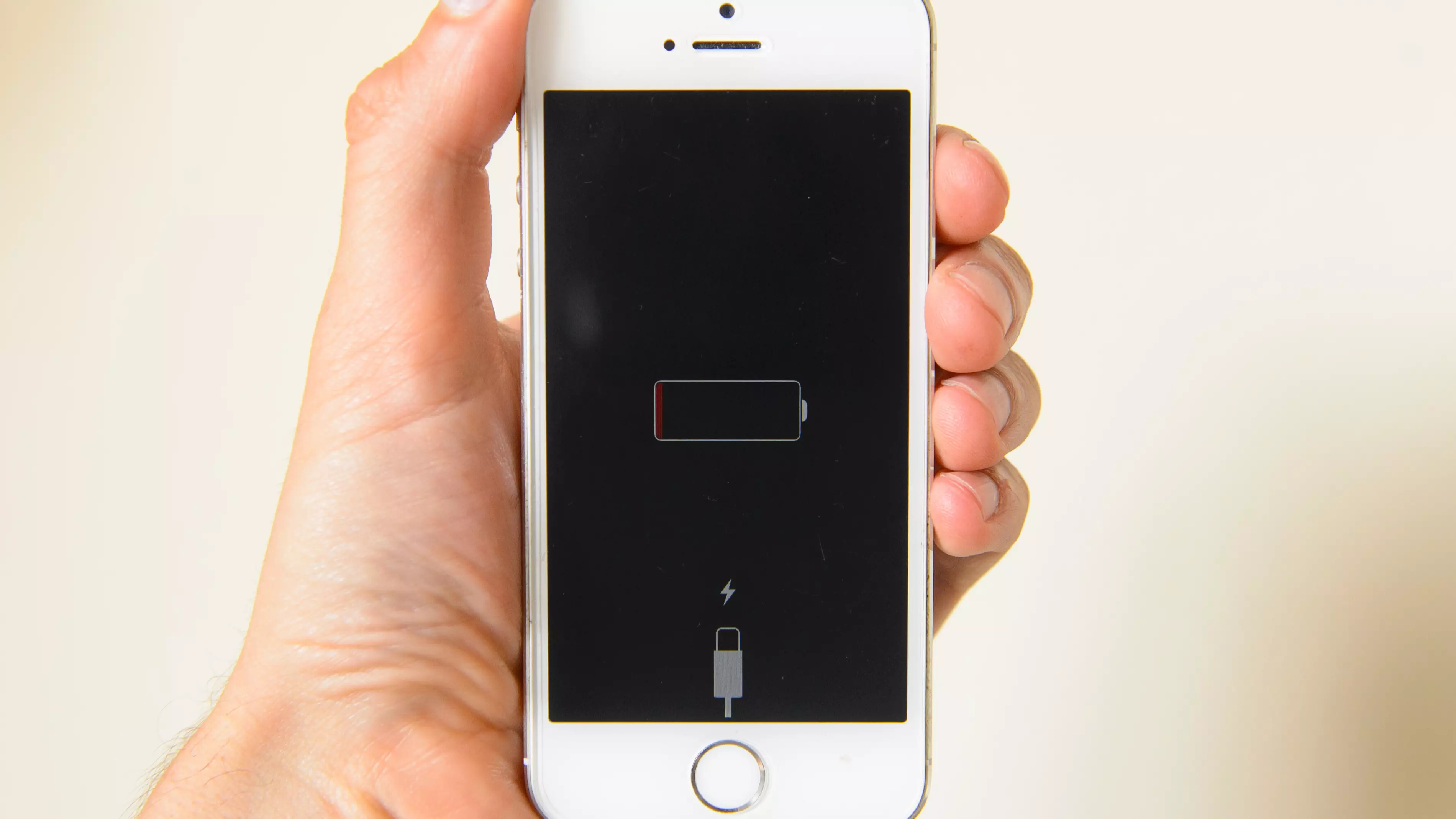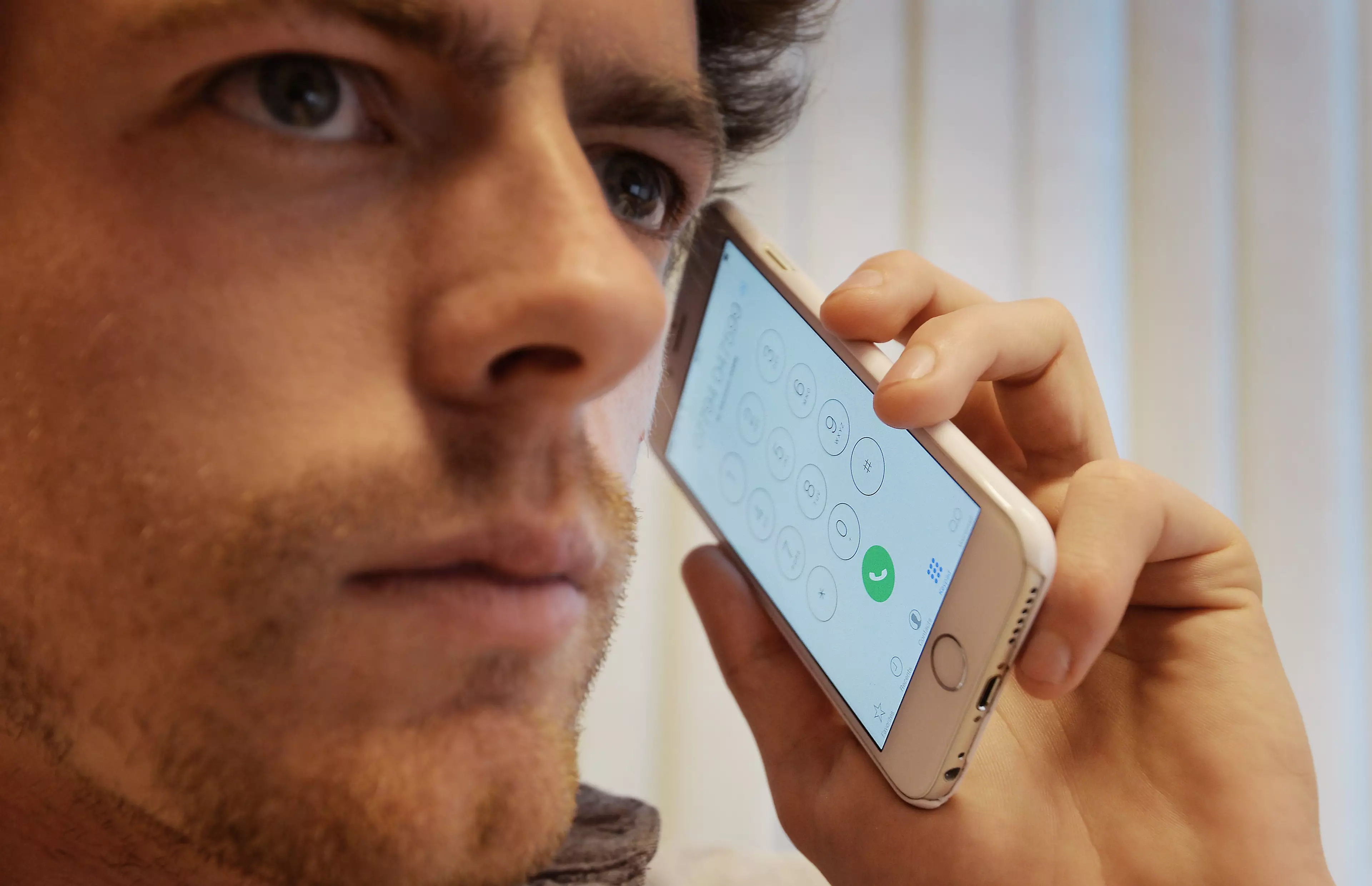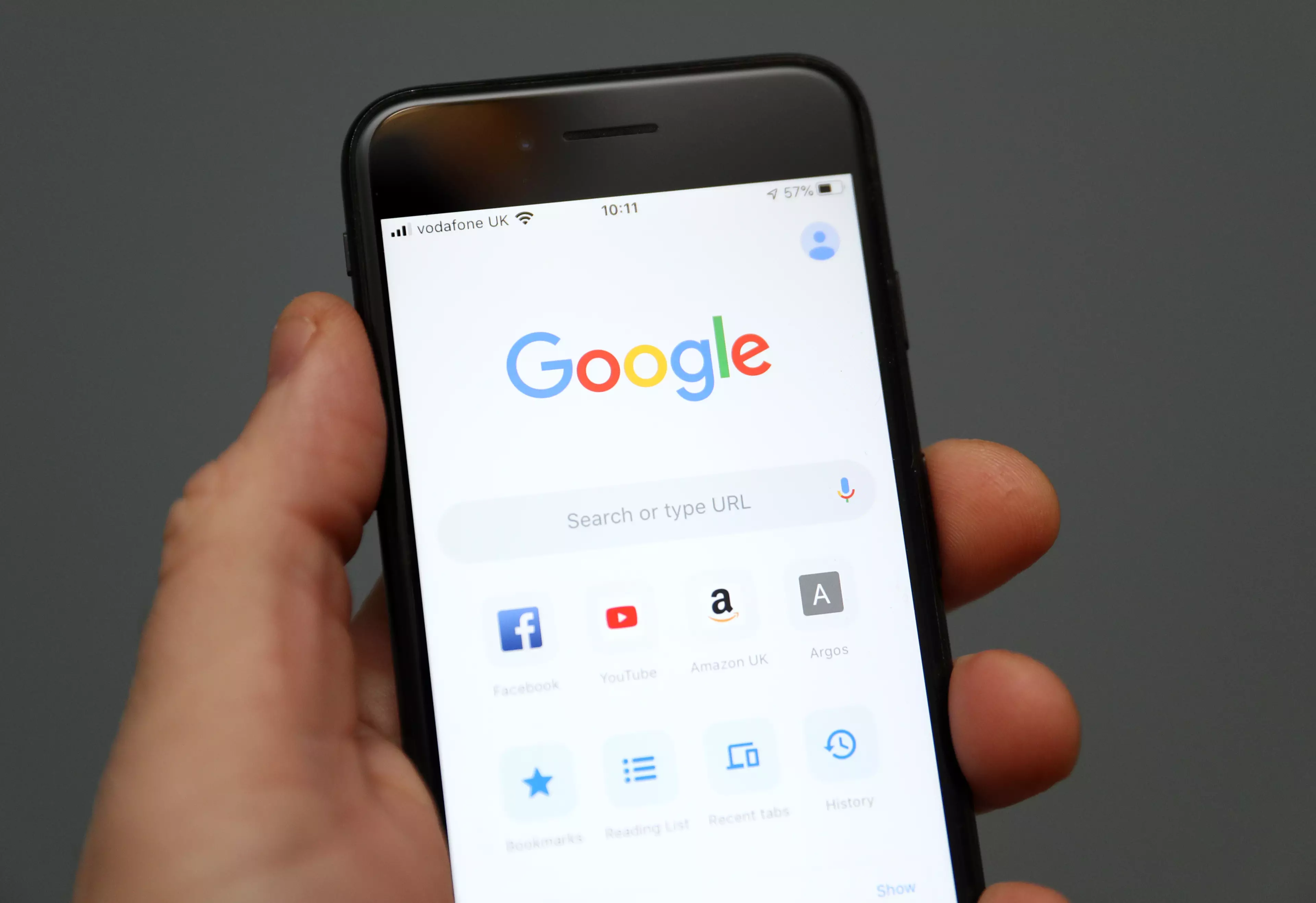
It looks like Apple is going to have fork out $500 million (£391m) in order to settle a dispute that's seen the technology giant slow down the performance of iPhones, in order to encourage consumers to buy newer versions.
The lawsuit was originally filed in California in 2017, and at the time Apple admitted it had limited the processing power of certain phones following a software update. It claimed that it did this to fix a glitch related to ageing batteries. At the time the company apologised and subsequently slashed the price of replacement batteries.
However, the latest development will see Apple reimburse customers at around $25 (£20) per iPhone, in a preliminary class-action lawsuit settlement. That's good news if you live in the US and own and owned a iPhone 6, 6 Plus, 6s, 6s Plus, 7 or 7 Plus that was active or in use before 17 December 2017.

Apple has said that the only reason it's agreed to the settlement is to avoid any expensive legal fees. The settlement still has to be agreed by US district judge Edward Davila in California for it to be enacted.
Advert
This isn't the first time that Apple has been in hot water over what's called planned obsolescence. Just a few weeks ago in France the company was fined $25m (£21m) in France for slowing down phones.
In 2018, meanwhile Apple and competitors Samsung received €10m (£8.7m) and €5m (£4.4m) fines respectively in Italy for a similar indiscretion.

This was believed to be the first action of its kind against a phone manufacturer and, in a statement at the time, the investigators of the case said that 'Apple and Samsung implemented dishonest commercial practices' and that operating system updates 'caused serious malfunctions and significantly reduced performance, thus accelerating phones' substitution'.
Advert
The money Apple may end up paying out in this case - and in previous ones - is small fry for a company which recently announced a record-setting $91.8 billion (£71.8bn) in revenue for Q1 of this year.
Driving those figures was a strong demand for the iPhone 11 and iPhone 11 Pro Models, with overall iPhone sales contributing $55.9bn ($43.7bn) towards Apple's overall revenue in the first third of 2020 - a jump on just under $52bn (£41bn) sold for the same quarter last year.
Topics: Phones and Gadgets, US News, Technology, Apple